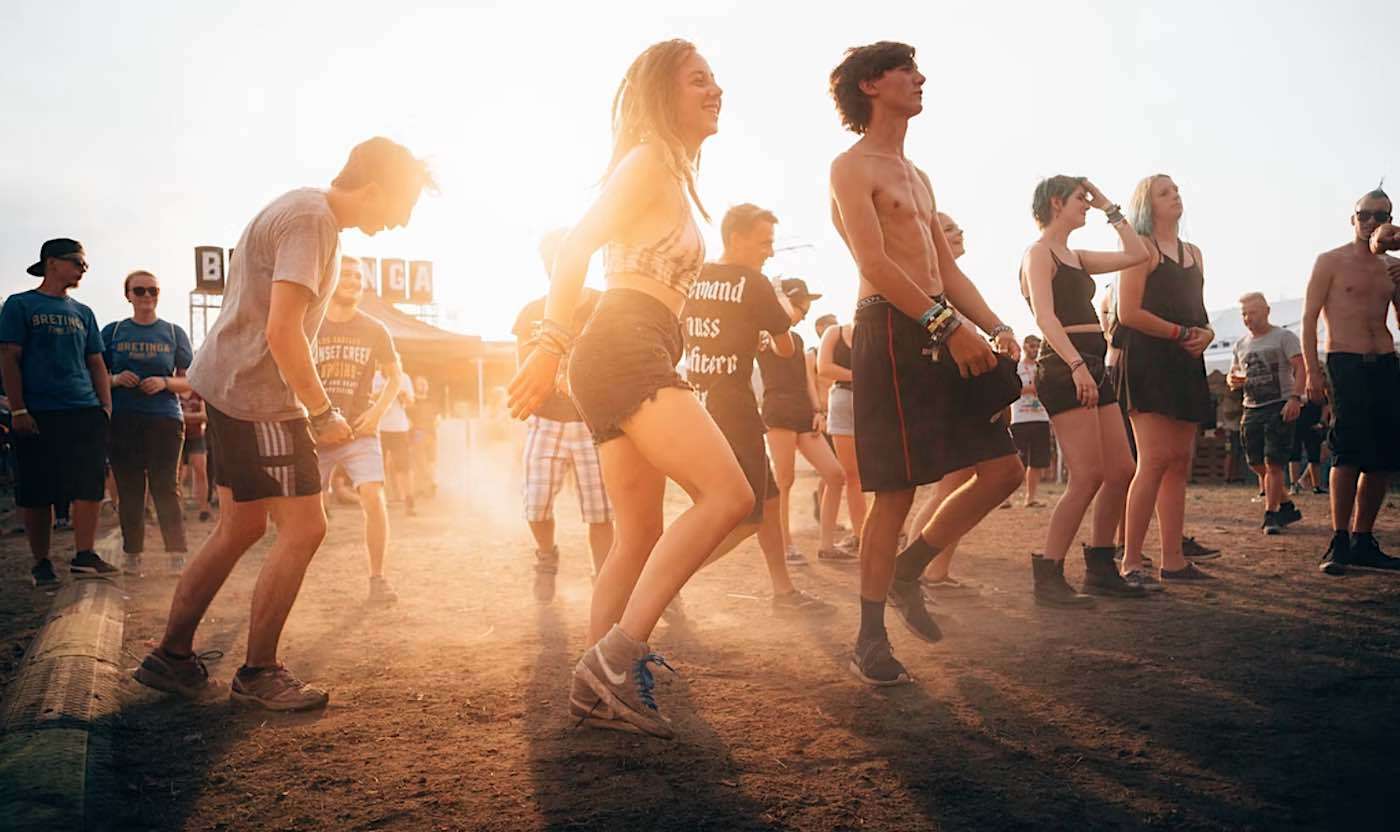Listening to Music With a Groove Actually Boosts Brain Function
A new study shows for the first time that musical beats don't just feel good, hearing them also enhances executive brain function.

Going to a festival can leave you more connected to humanity and more willing to help strangers for at least six months afterwards, a new Yale study reveals.
In fact, more than 63 percent said they had undergone a ‘transformative experience.'
There have been many studies on the positive psychological effects of religious gatherings and pilgrimages, which have been found to create intense social bonds and feelings of unity in human societies—but little research on secular festivals.
So a team of psychologists from Yale University wondered if modern day secular gatherings that emphasize creativity and community serve an even broader purpose.
The researchers studied people's subjective experiences and social behavior at mass gatherings like the annual Burning Man festival in the Nevada desert.
They also looked at the UK's Burning Nest and Latitude festivals as well as California's Lightning in a Bottle and Dirty Bird gatherings.
They found that people who reported transformative experiences felt more connected with all of humanity and were more willing to help distant strangers.
"We've long known that festivals, pilgrimages, and ceremonies make people feel more bonded with their own group," said Dr. Daniel Yudkin, first author of the research paper. "Here we show that experiences at secular mass gatherings also have the potential to expand the boundaries of moral concern beyond one's own group."
First, the research team conducted in-person field studies of more than 1,200 people who attended large multi-day gatherings in the US and UK.
The researchers set up booths at the events, inviting passers-by to "Play Games for Science."
Those who agreed to participate were asked about their experiences at the events along with their willingness to share resources with friends and strangers.
Overall, 63.2% of participants reported having transformative experiences so profound that they left the events feeling radically changed, including a substantial number of people who did not expect or desire to be transformed.
But the transformative experiences were more intense among the 28% of subjects who reported taking psychedelic substances.
People who reported transformative experiences also reported feeling more socially connected with all human beings—and with every passing day they spent at these events, participants expanded their circle of generosity beyond family and friends towards others including distant strangers.
Then, the team recontacted some of the original attendees and also interviewed 2,000 people who had attended the event but were not originally interviewed.
The researchers found that transformative experiences and their prosocial feelings persisted for at least six months.
"The findings are an important reminder of what we've missed in years of pandemic isolation," said Dr. Yudkin. "Powerful social experiences, or what the sociologist Emile Durkheim called ‘collective effervescence.'"
Molly Crockett, Associate Professor of Psychology at Yale added, "Transformative experiences help people transcend the borders of the self and connect with all of humanity," which are crucial qualities to cultivate as we move forward.
Researchers from the University of Pennsylvania, UCLA, University of Denver, and University of Bath in England contributed to the study, which was published May 27 in the journal Nature Communications.
SHARE This on Social Media, With an Invitation to Attend a Festival…
Be the first to comment